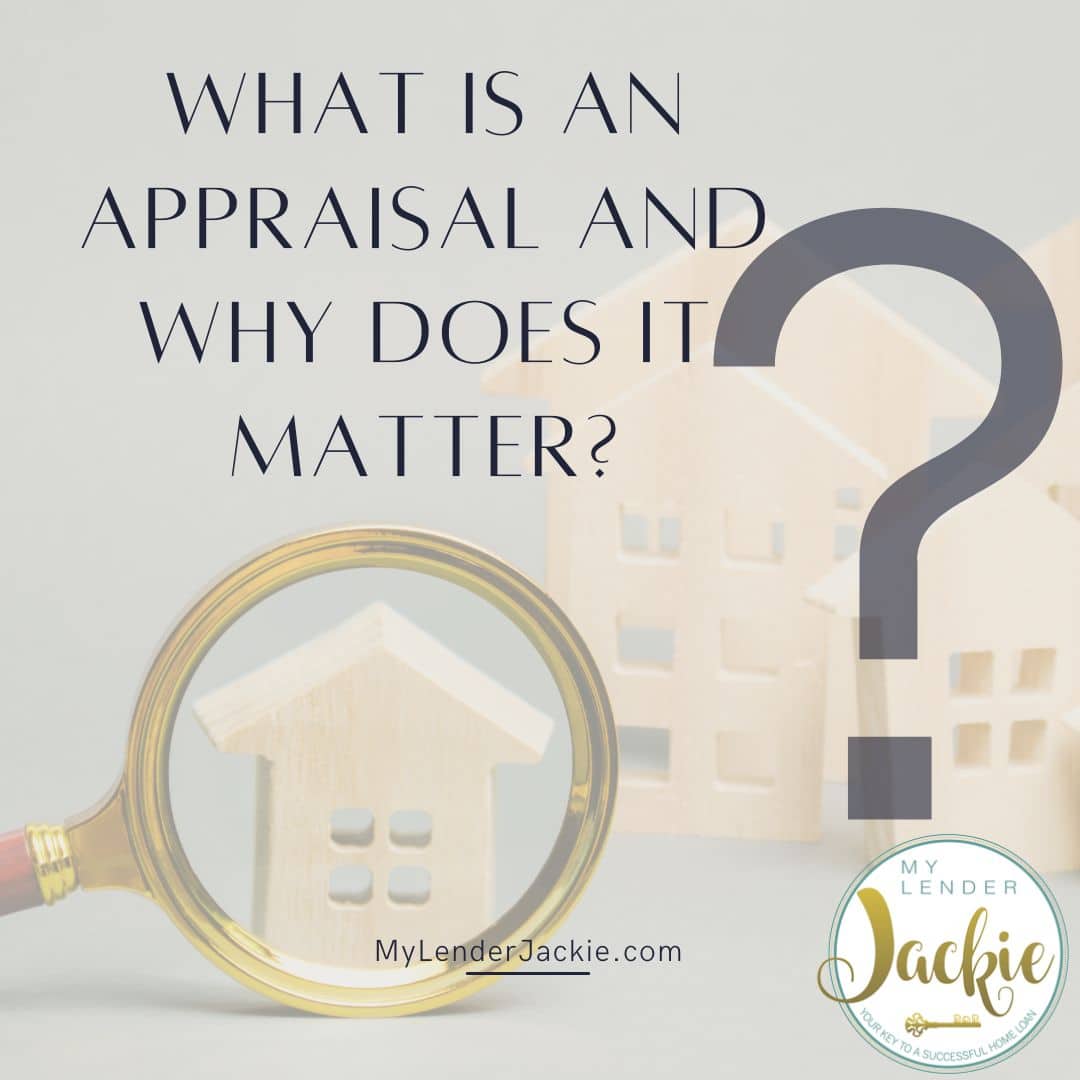What is an Appraisal and Why Does it Matter? During the home buying process, numerous steps must be taken to finally purchase your home. Even after you have been pre-approved for a mortgage, made an offer, and had that offer accepted, you are not quite ready to call that home your own.
One of the things that take place while you are in escrow (the period of time between your offer being accepted and closing on the home) is a real estate appraisal. To understand more about this process, keep reading.
What is a real estate appraisal?
A real estate appraisal is conducted by a licensed appraiser in your area. They will go to the home you are planning to buy and spend time looking at the condition of it, taking into account the location, the size, the condition, and other relevant features to determine how much is it worth.
They will then provide a report to both you as the buyer and the seller showing the appraised value of the property, with information backing up this amount.
Why does the real estate appraisal matter?
A real estate appraisal matters because it makes sure the price you are paying for the home is fair and comparable to what other people are paying for similar properties. In short, it keeps you from being ripped off and paying more for the home than it is worth.
Your lender will want to see that the price you are paying for the home is not more than it is worth. If you were to do this and then not pay your monthly mortgage payments, the lender would be stuck having lent you more money than they can recoup if they were to sell the home.
So, a real estate appraisal protects both you and your lender from a risky investment.
What happens if the home appraises for less than I offered?
In most cases, the appraisal report will come back showing that the home is worth about what you have offered to pay for it. Both the sellers and your real estate agents should have a good working knowledge of property values in the area to have advised well on the fair market value.
However, sometimes an appraisal will come back showing a price much lower than the accepted offer. If this happens to you, there are a few steps you can take:
- Negotiate with the seller for a lower purchase price. Based on the appraisal, you can go back to your seller and explain that in order to secure your financing, you need to lower the purchase price to reflect the fair market value.
- Put more money down if you are comfortable paying above market value for the home. This will allow your lender to extend the loan amount that they could recoup if something were to go wrong. For example, if you offered $550,000 with a 3% down payment of $16,500, but the appraisal comes back at $525,000, you could opt to put an additional $8,500 down so that your lender has only extended the amount the home is worth. Talk with your loan officer if you are in this position to find out exactly what the numbers are in your case.
- Ask for a second opinion. If you and your real estate agent are confident that the home is worth what you offered, you may want to hire a second appraiser to find out what they say. There is a margin of error because appraisals are based on a combination of a set formula and human perspective, so you may find a different appraisal to work more in your favor.
Want to learn more about buying your first home, or whether you can be pre-approved for a mortgage? Talk with me today. I am here to help.

